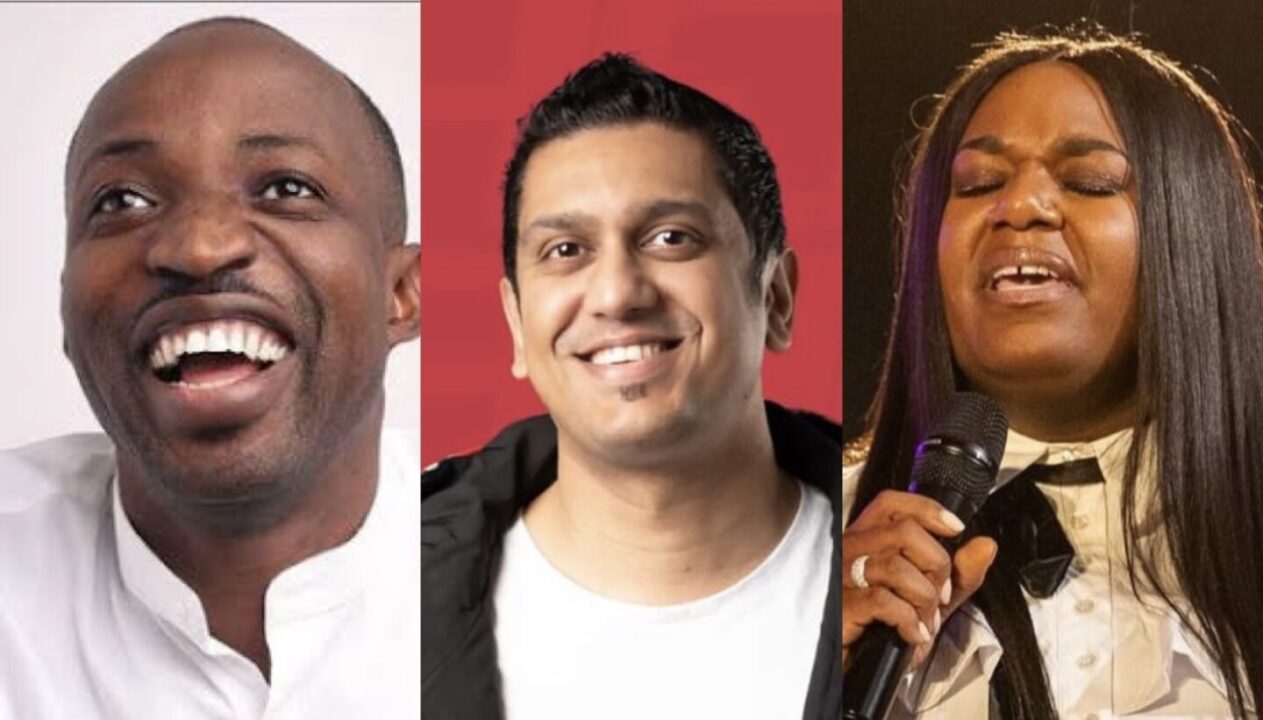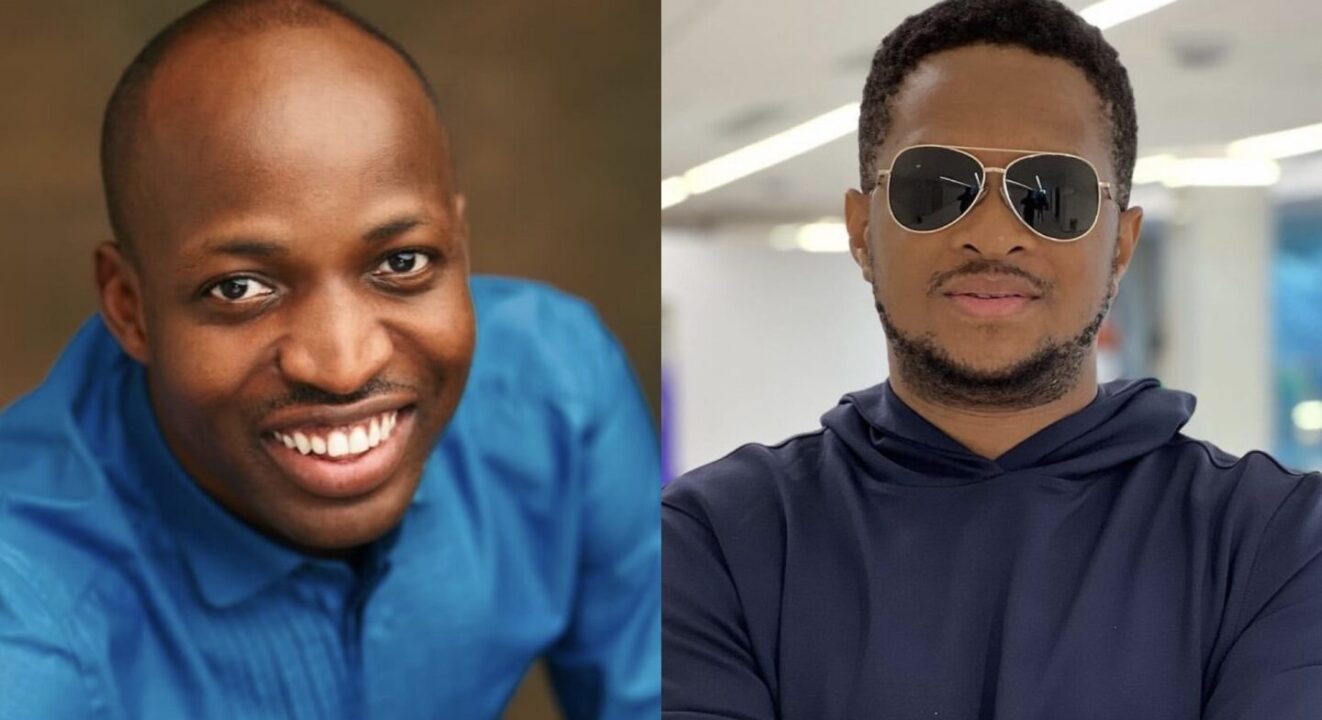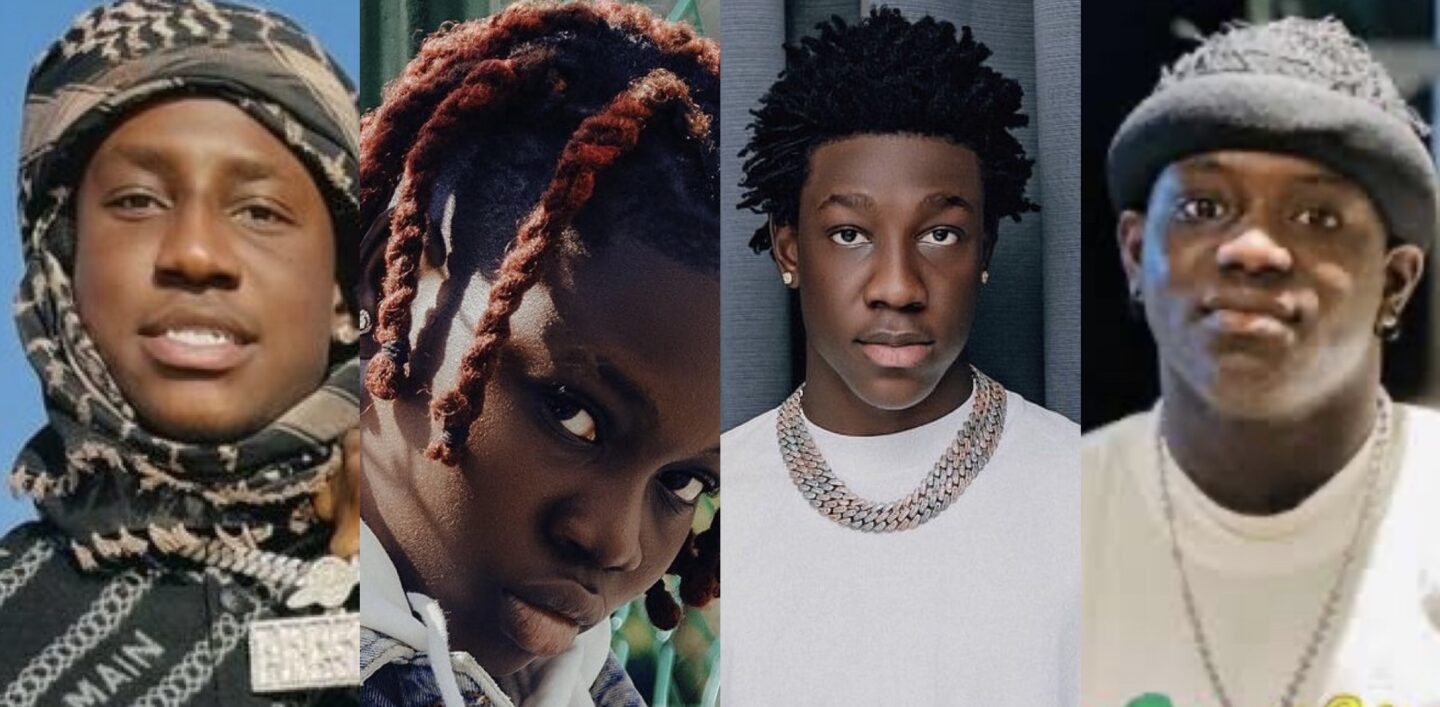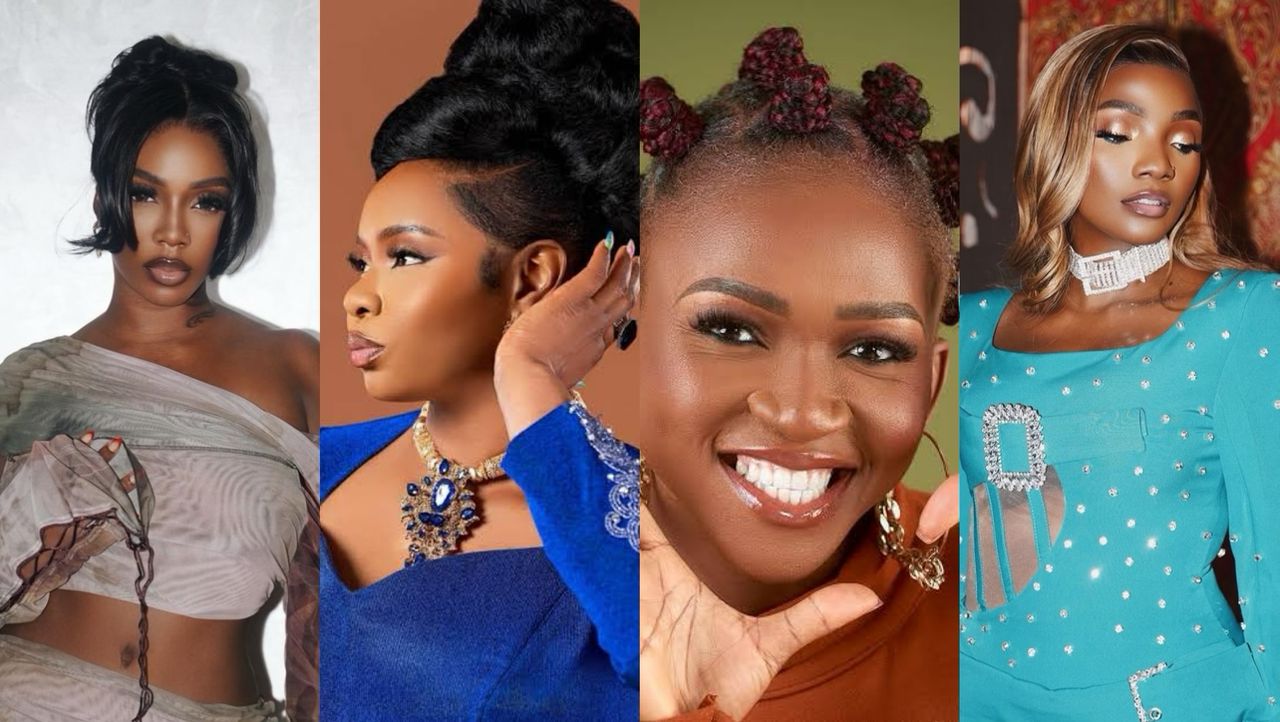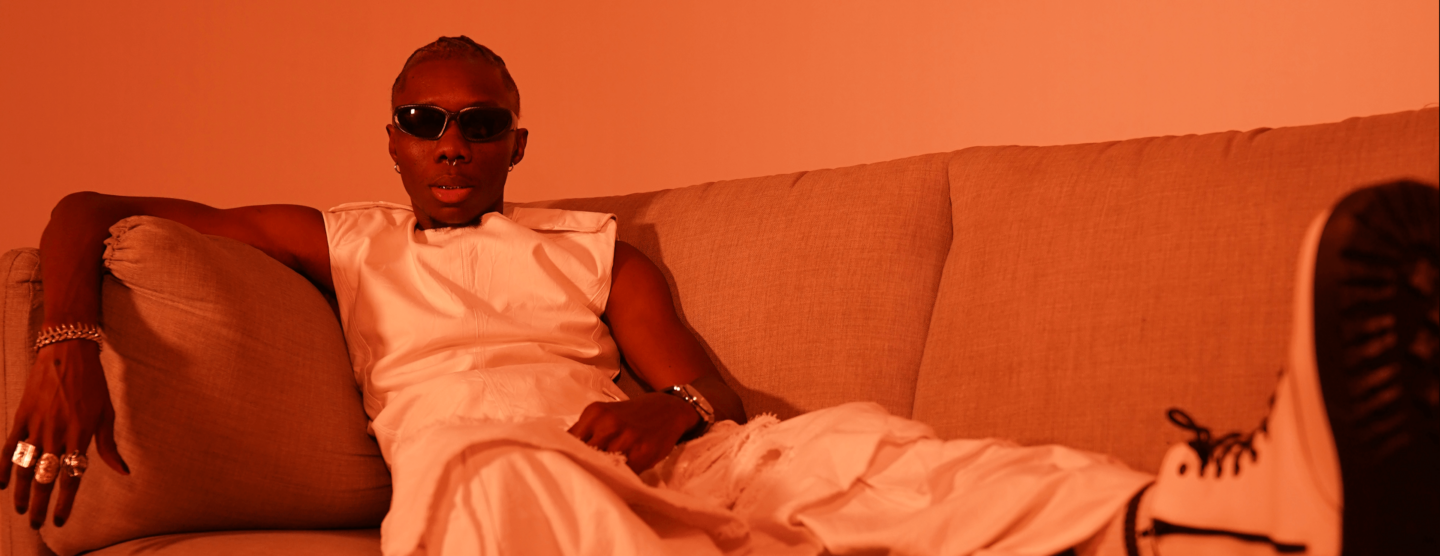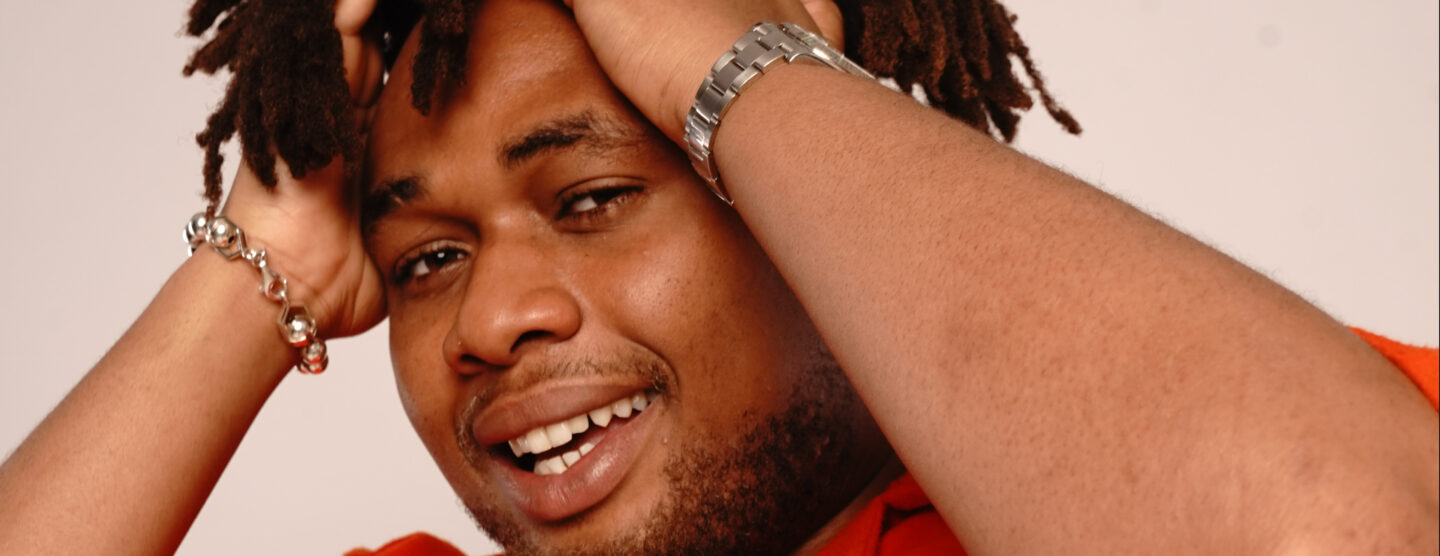Why Naija Music Will Never Be Mainstream In America

Yes, you read the title right, I’m not jonzing you. Naija Music will never go mainstream in America (and by mainstream I mean like Estelle mainstream). Now, before you cyber crucify me for making such a bold statement, please read the full article (and maybe take a deep breath and step away from the computer for a few minutes if you’re really vexing).
Here are 3 reasons why Naija Music will NOT go mainstream in the US:
1. Artistes sing in languages and use phrases and terminology unfamiliar to most Americans
This is probably the most obvious reason. Most Naija Musicians sing with a mix of English and Pidgin. A large number of popular Naija Music artistes also sing in their native language which is completely foreign to most Americans.
Hot stories
For Africans “who dey hear pidgin well well” it's hard to put yourself in the position of someone “who no sabi am at all”. For someone who has never heard this language and doesn't understand the basis of it, it literally sounds like you're speaking gibberish.
2. African culture holds very little influence in America
Unlike Hispanic culture, African (particularly Nigerian) culture holds little to no relevance or influence in American culture which is just another barrier to the acceptance of Naija Music on a mainstream level.
In America, the Hispanic population (people of Central and South American origin) is the largest minority population in America which means that not only does this population surpass the amount of black people in America; it is a group that holds a large amount of cultural influence. Extensive exposure to Hispanic culture and language made it easier for Reggaeton to become mainstreamly popular in America.
3. Generally speaking, Africa as a whole carries a negative connotation in America
How many times have you heard stories or seen black Americans denounce their African lineage? These people would rather embrace their slave background than attempt to identify with African culture. For most Americans, Africa is a poor "country" filled with people who live in huts and have no access to clean water or electricity (thanks to the media).
Regardless of the fact that it's totally false, this is still the vague perception of Africa within America which prevents African artistes from making a connection with their American audience because they will be seen in such a light.
But aren't there a lot of internationally recognised Naija Music artistes already?
Yes, however MOST of the people outside of Africa that listen to Naija Music and attend shows are Africans living in those countries or first/ second generation immigrant children who have African parents which therefore means that the culture is not entirely foreign to them.
What about G.O.O.D Music signing Don Jazzy & D'Banj?
Well, until we see what that collaboration produces, we can't use it as an indicator to gauge how well Naija Music will be received in America. Kanye West has done collaborations with other International artistes trying to make their way into the American market with no success (more on that later) and even the song "Lift Off" Don Jazzy co-produced for Jay-Z & Kanye's new album did not have a typical Naija Music feel to it so I'm eager to see how they will infuse Naija style into G.O.O.D Music.
IMPORTANT: Naija Music is not the only international style that's trying to crossover to the American market. In Asia, "KPop" otherwise known as Korean pop music along with JPop(Japan) and CPop(China) have been attempting this for the past few years. Korean pop music is essentially the Asian equivalent of Nigerian Music in terms of popularity across their continents of origin.
Some of these Asian artistes have done collaborations with American entertainers like Lil’ Kim and Kanye West in addition to collaborating with American producers to release songs that would appeal more to the American market. Despite this and other forms of exposure within America, KPop singers still haven't managed to crossover on a mainstream level and you wanna know why?
Because the cultural barrier is too large. Just like Naija Music artistes, KPop musicians sing in foreign languages mixed with English and exude aspects of Asian culture that Americans can't relate to.
And FYI, just like some Naija artistes (M.I, PSquare, & Tuface), some KPop artistes were also profiled on the Wendy Williams show and other American talk shows; one of them even went on tour as an opening act for the Jonas brothers. Again, we're not the only ones trying to make it in America.
The interesting thing about all of these American TV appearances is that instead of warming these artistes up to the American audience, it actually just increases the artiste’s profile and popularity within their original fan base.
A Few Words about Nneka & Asa
Both of these women are extremely talented, internationally recognized Nigerian artistes. HOWEVER, they are an exception to the typical Naija artiste gaining worldwide attention.
Asa: Asa spent a large part of her childhood in Lagos but, she did not get international musical recognition until she returned to France (her birthplace). Asa is described as a ‘Nigerian-French singer’ whose style is soul and jazz. She is signed to an independent European label which technically makes her a European artist whose musical style is influenced by Nigerian culture. Many of Asa’s concerts and interviews are in French and in many cases she is internationally recognized as a European artist.
Nneka: Similar to Asa, although Nneka grew up in Nigeria, her musical career grew out of Europe. Nneka is also signed to a European/ international label which means that although she is African, she is also considered to be a European Artist. Nneka’s international recognition grew out of Hamburg, Germany and spread to other parts of Europe. Her sound is described as “soul, hip hop, R n B, Afrobeat, Reggae and Jangle Pop”.
The main points to realize about Asa and Nneka’s careers are that although they are African and sing with Naija influence in their music, their musical careers did not develop in Nigeria, they are not signed to Nigerian Labels and therefore cannot be categorized as typical Naija artistes.
So, If I don’t think Naija Music will go mainstream what DO I think is going to happen?
Well, a few things actually:
1. It's possible we will see/hear an influence of Naija Music in some American songs that may or may not become mainstream. Depending on what artiste and producer creates the tracks and how well it’s done will determine the level of success the influence of Naija Music will have in American pop music.
2. Other Naija Music artistes may get signed to major American labels. To make their sound sell in America, the artiste’s style will be a watered down version of the typical Naija sound.
3. The quality of Naija music will continue to improve and new superstar artistes will emerge.
Final Thoughts: African artistes should continue making music that cater to the tastes of their true fans, people who not only enjoy listening and dancing to their music but who also understand and appreciate the culture behind the music.
**BREAKING** Did anyone see the Naija Cypher on the BET Hip Hop Awards tonight?! No??... Oh, me neither, I guess that proves my point.


